The Motherload is a look at the realities of contemporary motherhood in the time of post-pandemic pressures,...


The Motherload is a look at the realities of contemporary motherhood in the time of post-pandemic pressures,...

The concept of the "future of work", though widely-referenced in mainstream media and policy discourse, remains...
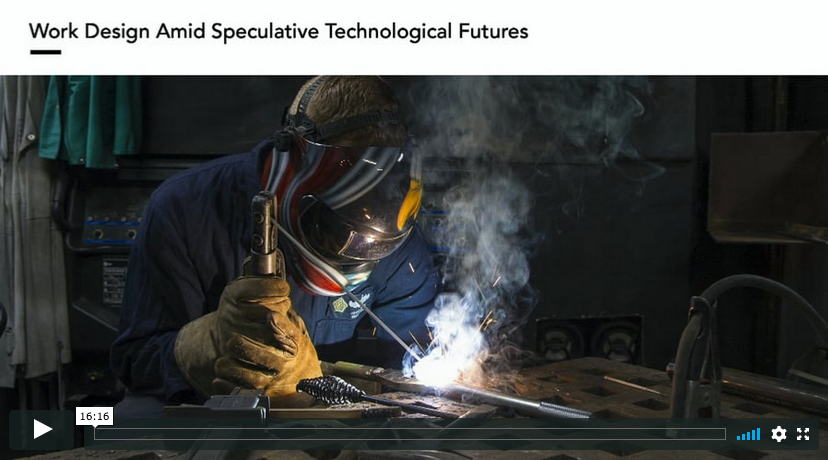
This paper explores how the design of everyday interactions with artificial intelligence in work systems relates to broader issues of interest to social scientists and ethicists: namely human well-being and social inequality. The paper uses experience designing human interactions with highly...
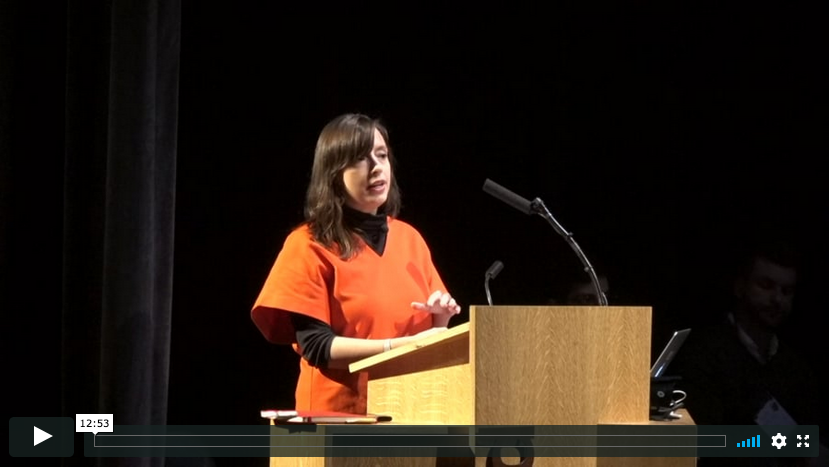
Three service design projects, in hospitality, finance, and health care, highlight how to design for agency in the workplace, including the implementation of automated and data-driven tools. Inspired by Tacchi, Slater, and Hearn's work on ethnographic action research, Amartya Sen's capabilities...

This case study offers an in-depth analysis of the foundational role of documentation for software quality,...

As generative AI technology begins to touch more aspects of our work and...
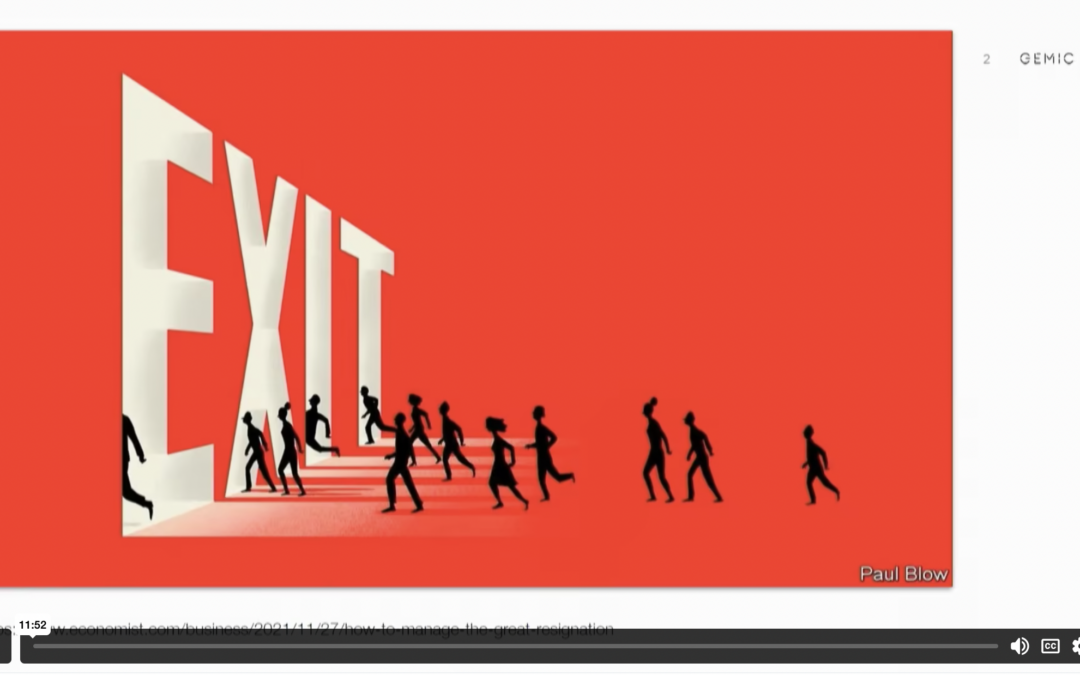
This paper explores recent developments in anti-work theory to identify key learnings for ethnographers in industry. It focuses in particular on how anti-work perspectives allow us to rethink the managerial...

What is the nature of expertise and work? How are they redefined, practiced, and personified as waves of...
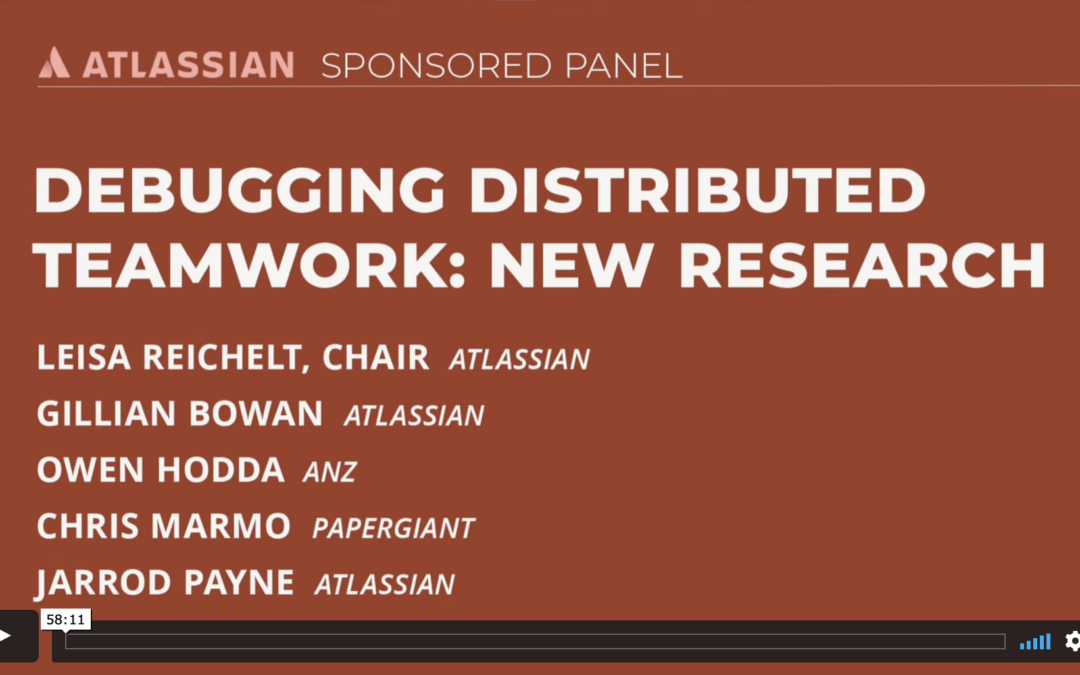
An EPIC2020 Sponsored Panel presented by Atlassian The Atlassian Research & Insights team commissioned a research study that involved thousands of workers across the globe to see how COVID-19 and the sudden shift to working from home has affected them. Atlassian looked inward, too, to find out...
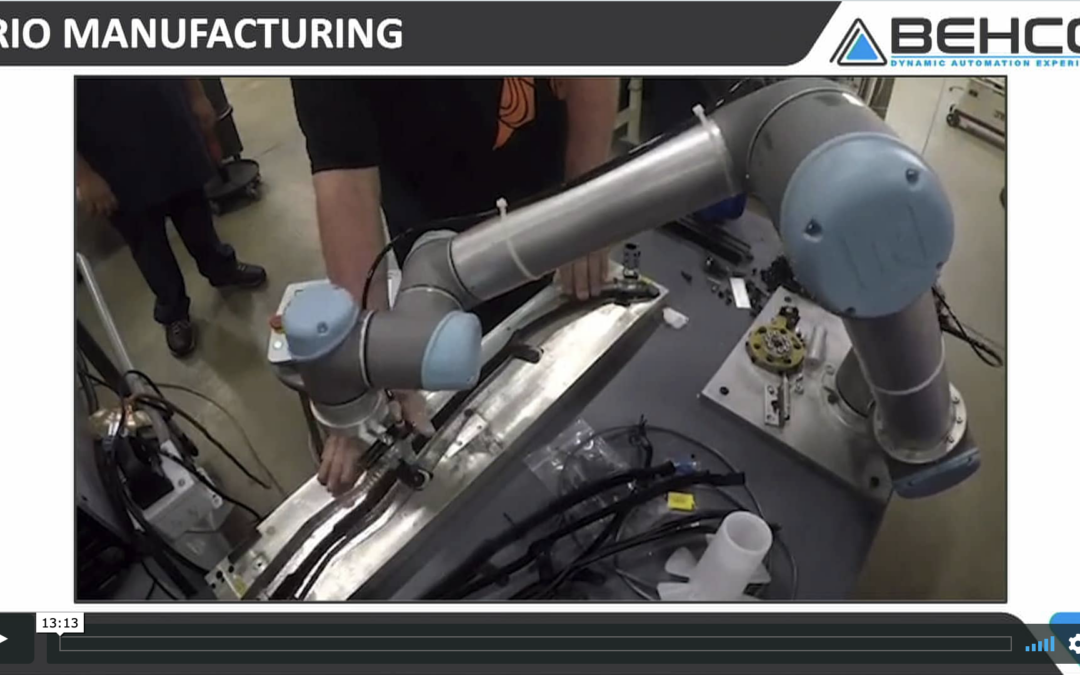
Agency and automation is explored through three case studies of the use of Cobots – collaborative robots – in three different auto production firms. The business challenges faced by these firms include labor shortages, quality control and reduction of waste. The Cobot solution resulted in...